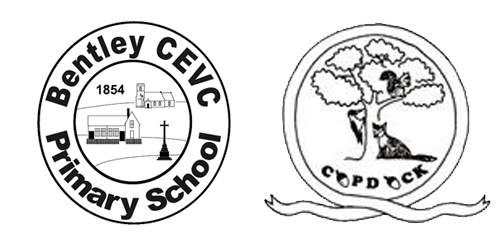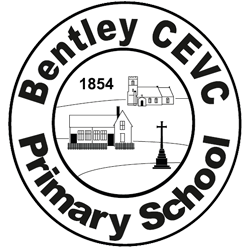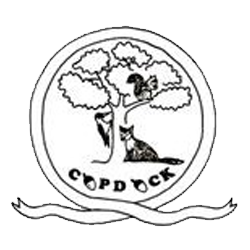Implementation
 At Bentley and Copdock primary schools, we have mixed age classes, which are organised in phases: EYFS is Reception, Phase 1 /2 is Year 1 and Year 2, Phase 3 / 4 is Year 3 and Year 4, Phase 5 / 6 is Year 5 and Year 6.
At Bentley and Copdock primary schools, we have mixed age classes, which are organised in phases: EYFS is Reception, Phase 1 /2 is Year 1 and Year 2, Phase 3 / 4 is Year 3 and Year 4, Phase 5 / 6 is Year 5 and Year 6.
We have made deliberate and conscious curriculum decisions to allow for progression and learning sequences to build from phase to phase over a two year programme of study: Year A and Year B.
For example, in history;
EYFS begin to build their knowledge using vocabulary such as king, queen, as well as London landmarks and castles.
Phase 1/ 2 curriculum continues to focus on studies that link to concrete experiences, their communities and families: Our School & the Victorians, Boudicca, Seaside Holidays in the Past, The Great Fire of London, Significant People and Growing & Change.
In Phase 3/ 4 the curriculum builds on from KS1 and explores Suffolk & East Anglia 150 years ago (building on from seaside holidays, our school/village), the Romans (building on from Colchester Castle & Boudicca), Stone Age to the Iron Age and Ancient Egypt.
In Phase 5/6 the curriculum continues to build chronological knowledge with studies of the Ancient Mayans, Ancient Greeks, Anglo Saxons, Vikings, studies of monarchs and WW11. Our curriculum design also considers how it supports progression and preparation for GCSEs.
To ensure children learn what we want them to know (our curriculum), we use the following approaches and strategies:
- Curriculum is Cumulative from phase to phase and lesson to lesson
- Curriculum builds on prior knowledge, linking to previous phase
- Each lesson within a phase unit links to the previous lesson
- Knowledge notes are used in learning books to elaborate and support retrieval practice for essential vocabulary and concepts
- A Question focus for each lesson to support retrieval and lesson end point
- Quizzes, two things you know, flick back, get one give one are regularly used to support cognitive load and retrieval
- Interleaving is used in long- and medium-term planning to support the children’s acquisition of knowledge as well as disciplinary knowledge.
- Modelling, teacher thinking out loud, worked examples clarify specific steps
- Independent practice supports over learning to reduce cognitive load
- Explicit vocabulary instruction
- Interleaving to support acquisition of knowledge
- Curriculum Visions is used to provide high quality reference texts


